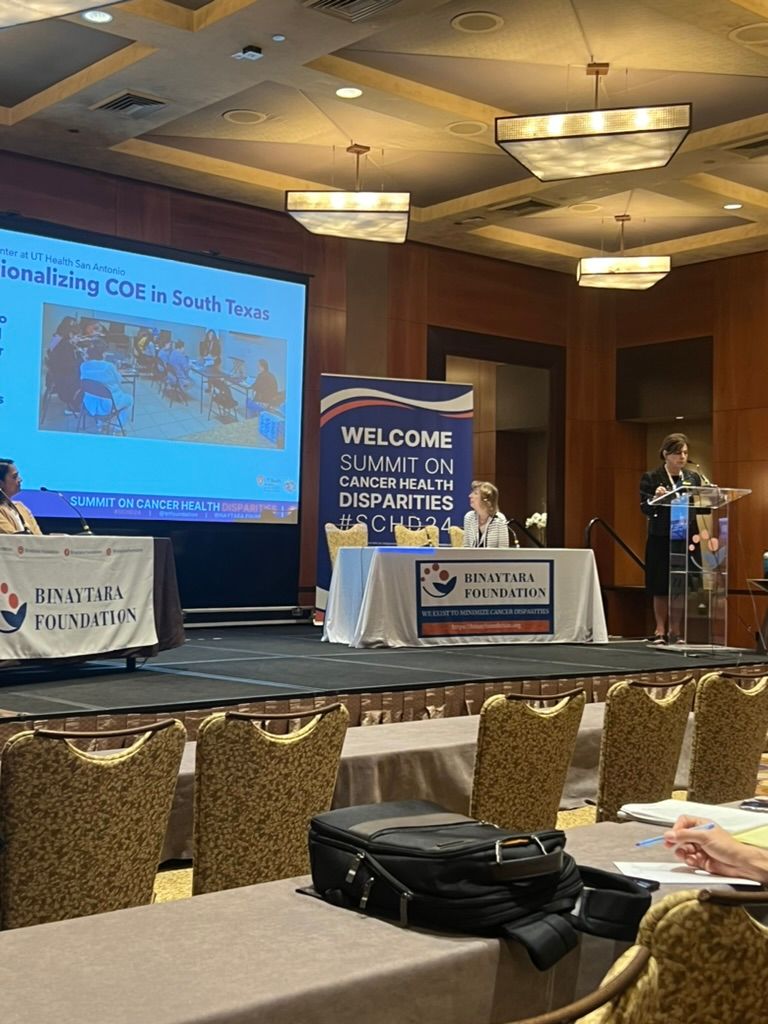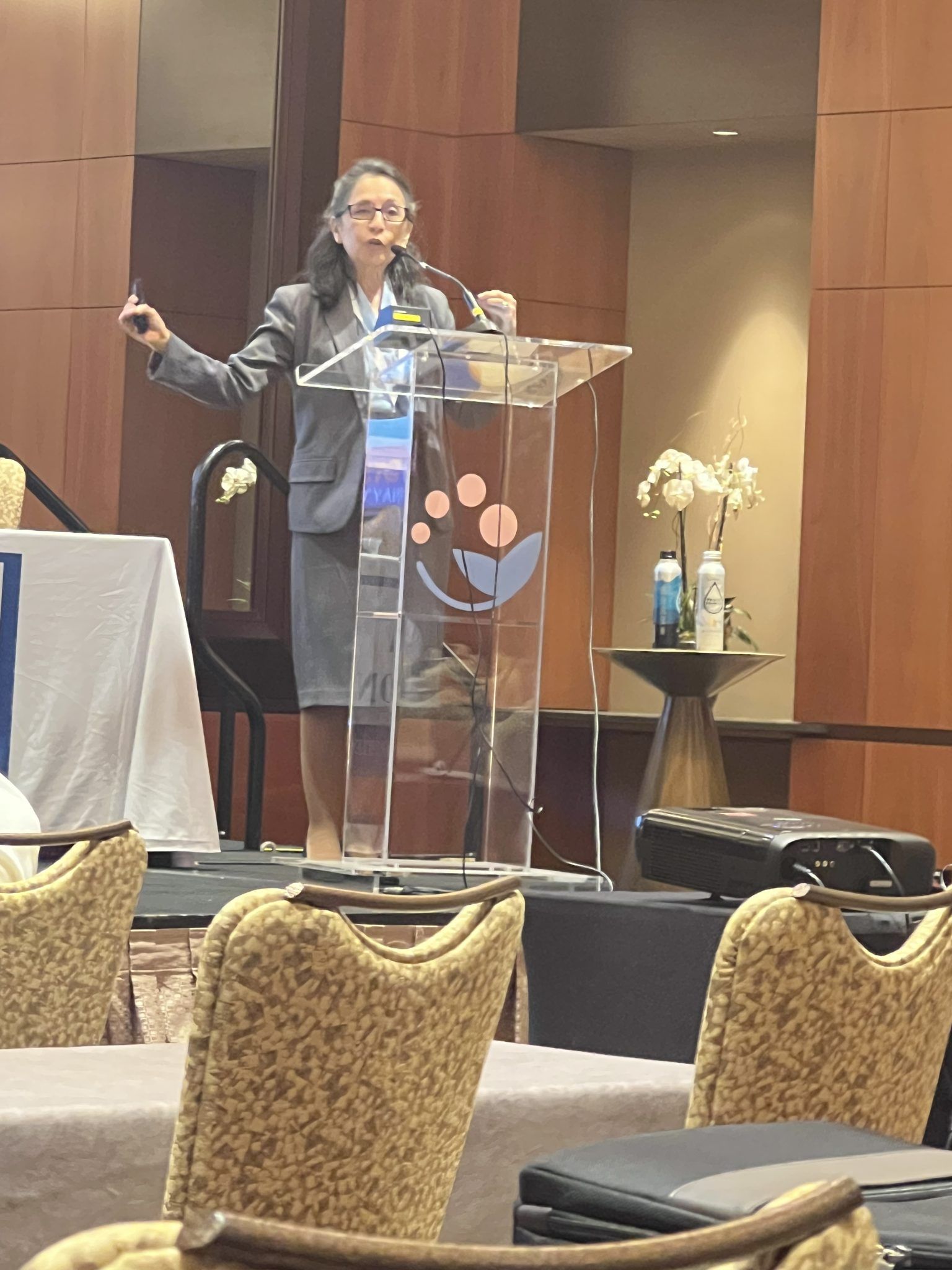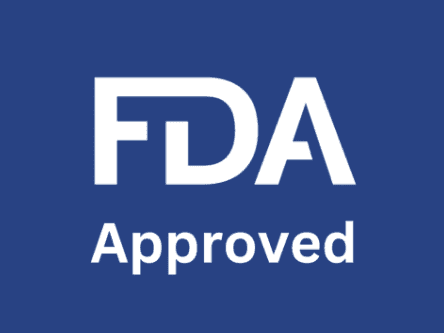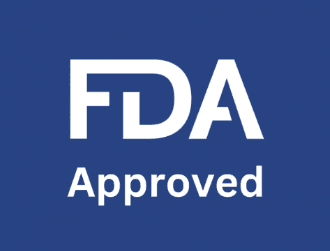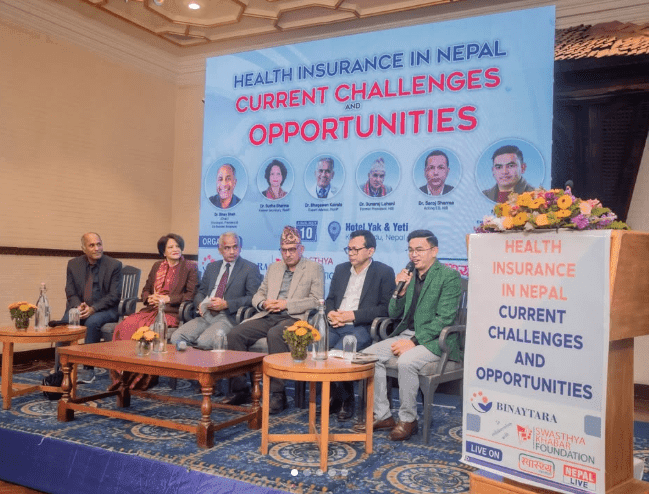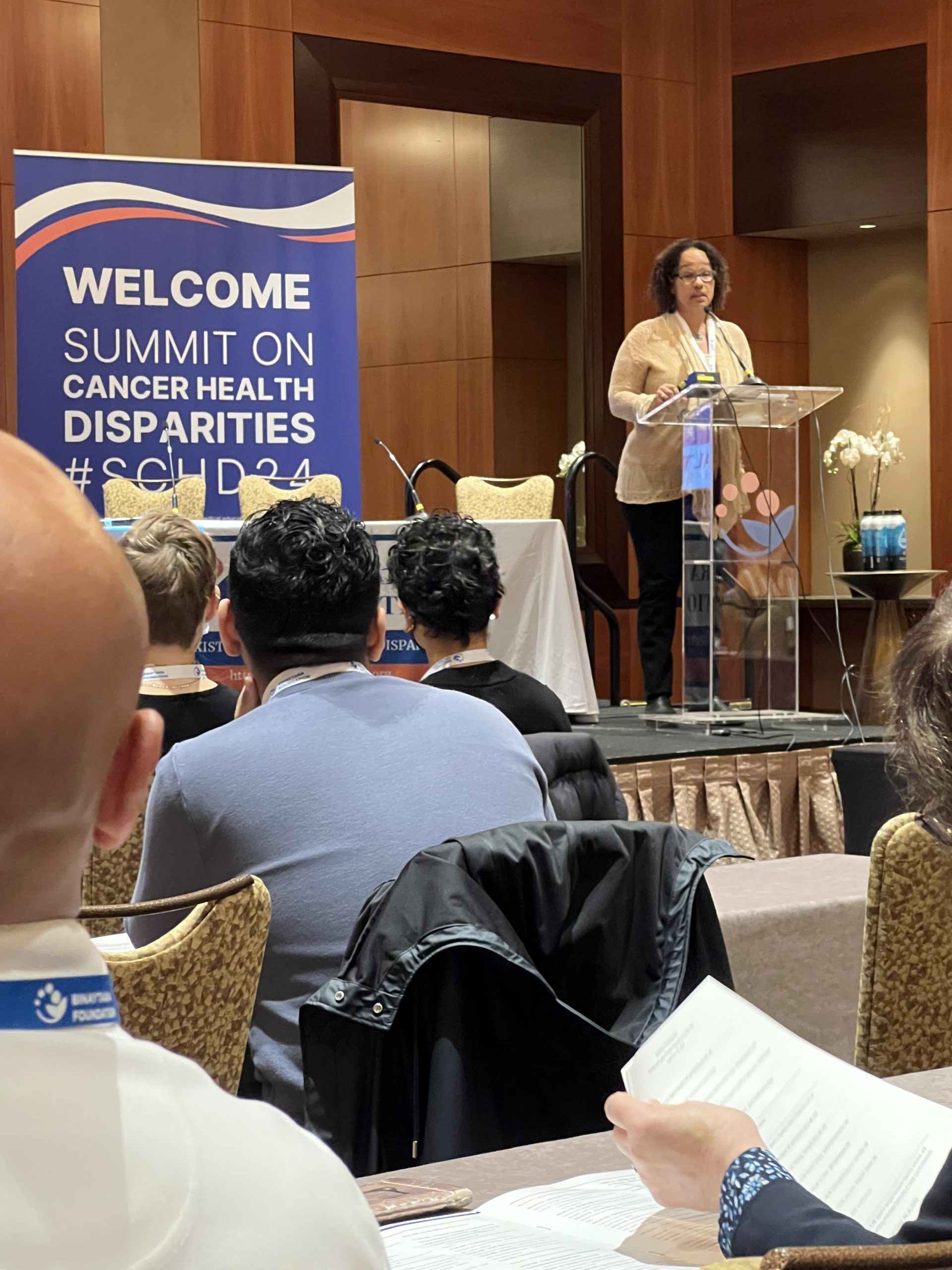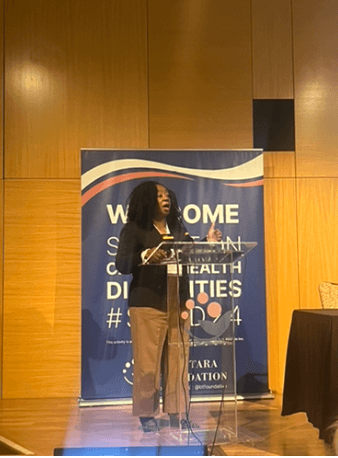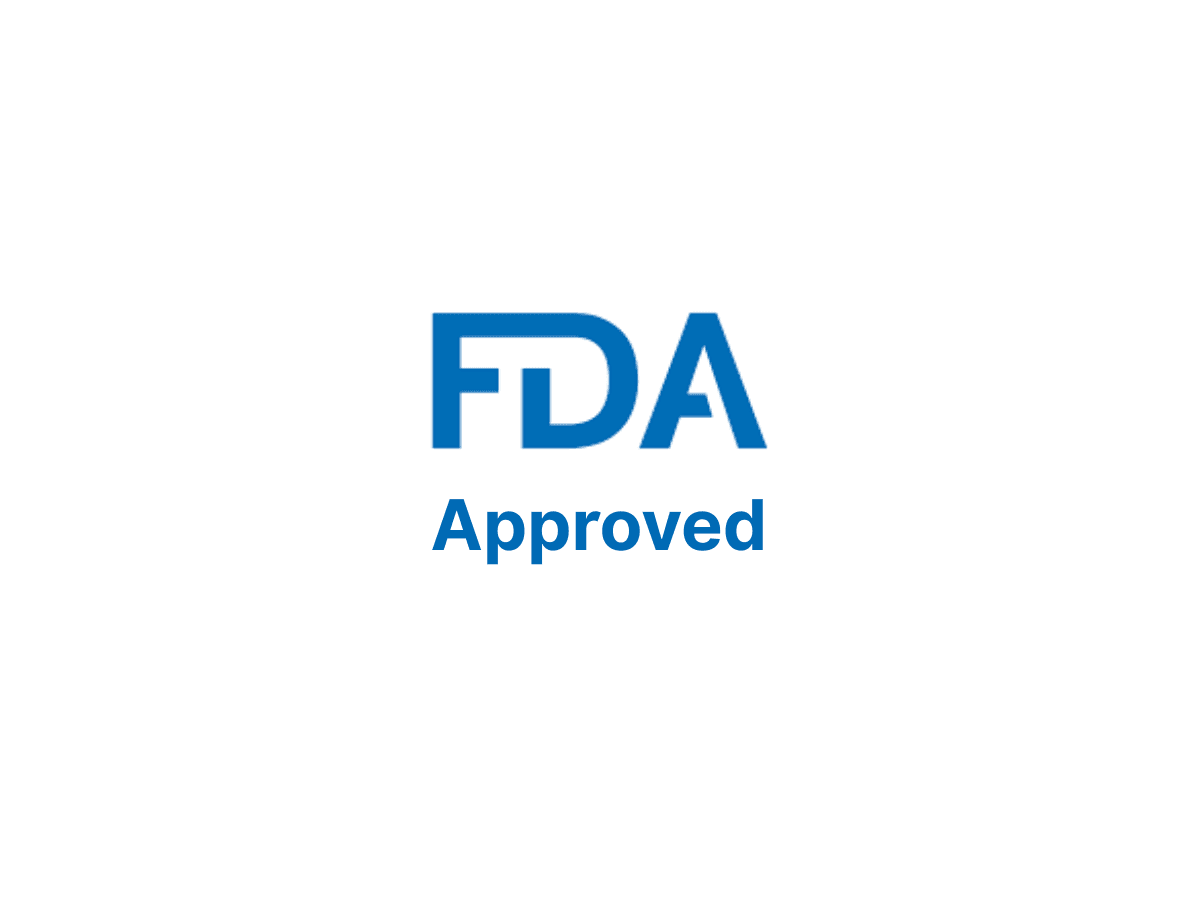
FDA Grants Accelerated Approval to Dordaviprone for Diffuse Midline Glioma
On August 6, 2025, the U.S. Food and Drug Administration (FDA) granted accelerated approval to dordaviprone (brand name Modeyso, by Jazz Pharmaceuticals). This drug is indicated for adults and children (ages 1 and older) with diffuse midline glioma (DMG) harboring an H3 K27M mutation whose disease has progressed after prior treatment. This is the first FDA-approved systemic therapy for this type of brain tumor.
This decision is based on data from an integrated efficacy population of 50 adult and pediatric patients with recurrent H3 K27M-mutant DMG, enrolled across five open-label, non-randomized clinical trials conducted in the United States. Independent reviewers observed objective radiographic responses in up to 22% of patients. Among the 11 patients who responded, 73% maintained their response for more than 6 months, and 27% for more than 12 months.
Unmet Need: Why This Approval Matters for Diffuse Midline Glioma Patients
Diffuse midline gliomas are rare but highly aggressive brain tumors, primarily affecting children and young adults. They are notoriously resistant to current systemic therapies and often progress quickly after standard chemoradiation. The approval of dordaviprone addresses a critical therapeutic gap for patients with this devastating disease.
Key Takeaways
-
Blood-Brain Barrier Penetration: Preclinical and early clinical data confirmed that dordaviprone can cross the blood-brain barrier, a major hurdle in neuro-oncology.
-
Oral Targeted Therapy: The drug is taken orally and has a favorable tolerability profile, though monitoring is needed for potential dose-limiting toxicities such as hypersensitivity reactions, cardiac rhythm changes, and embryo-fetal toxicity.
Impact on Clinical Practice
Dordaviprone provides an additional option beyond the current standard-of-care, which has relied almost exclusively on radiation therapy. This approval highlights the importance of molecular profiling in personalizing treatment. At the Providence Brain and Spine Institute, comprehensive next-generation sequencing is performed on all brain tumor cases to identify actionable mutations and connect patients with targeted therapies or relevant clinical trials.
Future Directions
The Providence Brain and Spine Institute is a participating site in two ongoing clinical trials evaluating dordaviprone. Researchers are eager to see long-term data on safety and efficacy and are hopeful about studies exploring its use in newly diagnosed cases, in non-midline gliomas with the H3 K27M mutation, and in combination regimens.
Message to Patients
While not a cure, the approval of dordaviprone marks a meaningful advancement in the fight against this aggressive brain tumor. It brings renewed hope to patients and families. We extend our gratitude to those who participated in clinical trials; your courage is shaping the future of brain tumor care.
About Dr. Prakash Ambady

Dr. Prakash Ambady is a board-certified neurologist and neuro-oncologist who currently serves as the Medical Director of the Neuro-Oncology Program at Providence Brain and Spine Institute in Portland, Oregon. After earning his medical degree from Pondicherry University in India, Dr. Ambady completed his neurology residency at Drexel University and pursued fellowship training in neuro-oncology at both the National Institutes of Health and Johns Hopkins University. His clinical expertise focuses on brain tumor management, with particular emphasis on developing novel therapeutic approaches and imaging techniques.






